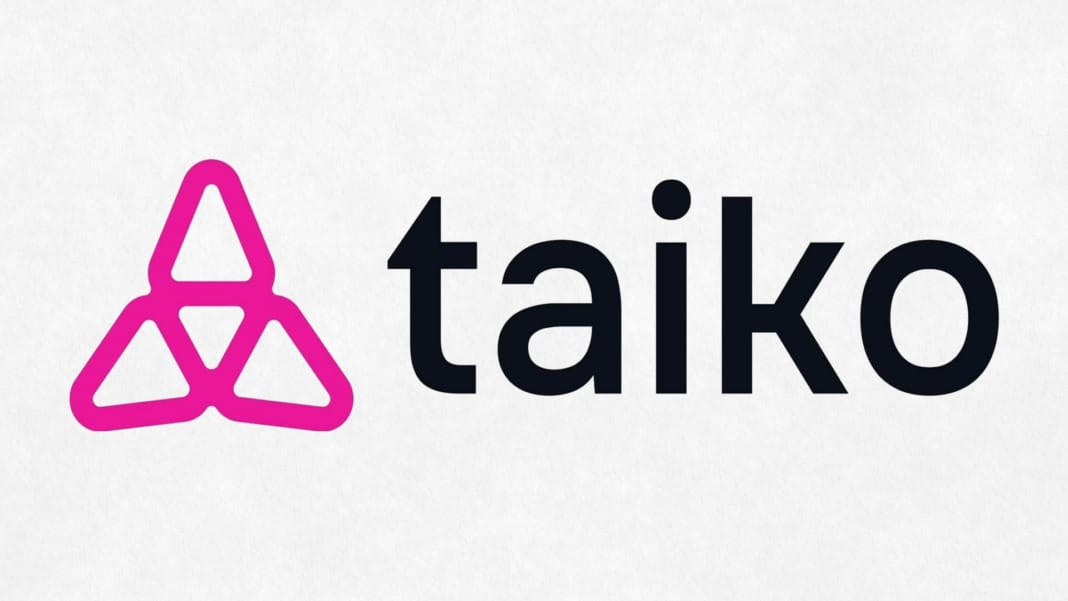In the turbulent world of cryptocurrency, a select group of individuals sees the potential of blockchain to decentralise aspects of human life for the greater good. Among them is Daniel Wang, founder of Taiko, a company dedicated to building web3 infrastructure for a censorship-free internet.
Pioneering decentralisation in social platforms
Initially, Wang aimed to bring decentralisation to social media. He believes blockchain technology, with its distributed data storage and community-led content moderation, is key to combating censorship. “I hope the next generation can grow up being free and able to say anything on the internet,” Wang expressed at an Ethereum developer conference last November. “There won’t be progress without freedom to criticise.”
Wang planned to create this decentralised app on Ethereum, the blockchain co-developed by Vitalik Buterin. Ethereum has attracted many developers who utilise smart contracts—computer code that executes terms automatically—to create crypto applications beyond storing value.
Realising the limitations of current blockchain technology
After extensive research, Wang found that Ethereum’s “Layer 2” solutions, designed to increase transaction scalability, were not truly decentralised. “It’s problematic to create decentralised apps on centralised blockchains,” he explained in a follow-up email interview. The current capacity of Ethereum, processing around 15 transactions per second, is insufficient for many applications.
As a result, “rollups” have been developed as a Layer 2 solution. They work by offloading Ethereum transactions to secondary chains and logging them back to the main chain in batches. This method reduces network congestion and transaction fees. However, Wang noticed that most rollups sacrifice decentralisation for scalability, conflicting with the ethos of web3. Convinced that the infrastructure for genuinely decentralised social apps was lacking, he established Taiko in March 2022.
Taiko’s journey and future goals
Over the past two years, rollups have become a popular investment in web3, with Taiko capitalising on this trend. The startup has raised US$37 million across three funding rounds, with its latest Series A round closing at US$15 million. This round included investors like Lightspeed Faction, Hashed, Generative Ventures, and Token Bay Capital.
While Taiko did not disclose its valuation, it confirmed it had reached unicorn status. Other investors in the new round include Wintermute Ventures, Presto Labs, Flow Traders, Amber Group, OKX Ventures, GSR, WW Ventures, and more. Particular investments are pending regulatory approval.
Taiko’s past investors include established venture capital firms early in Asia’s web3 scene, like HongShan (formerly Sequoia Capital China), BAI Capital, and GGV Capital. The funding will support Taiko’s main net launch, with the company recently announcing US$30 million in developer grants. Its latest testnet, launched last month, has garnered over 1.1 million wallet addresses and over 13 million transactions.
“We strive to be like Ethereum, where no one owns the network. We aim to be a public good,” Wang stated, comparing Taiko to Ethereum’s structure.
Challenges and the road ahead
For Wang, Taiko is a crucial component of a user-owned, decentralised social network. However, he acknowledges the content quality and safety challenges in decentralised social apps. He suggests an intermediary layer, or “relayer,” to filter content based on the unique perspectives of each decentralised social network.
Moreover, incentivising users to create quality content remains a challenge. Integrating token incentives is crucial in web3, where teams hold no ownership. “We are ten years from crypto’s mass adoption, but every technology is built on an existing technological achievement,” Wang concluded.





